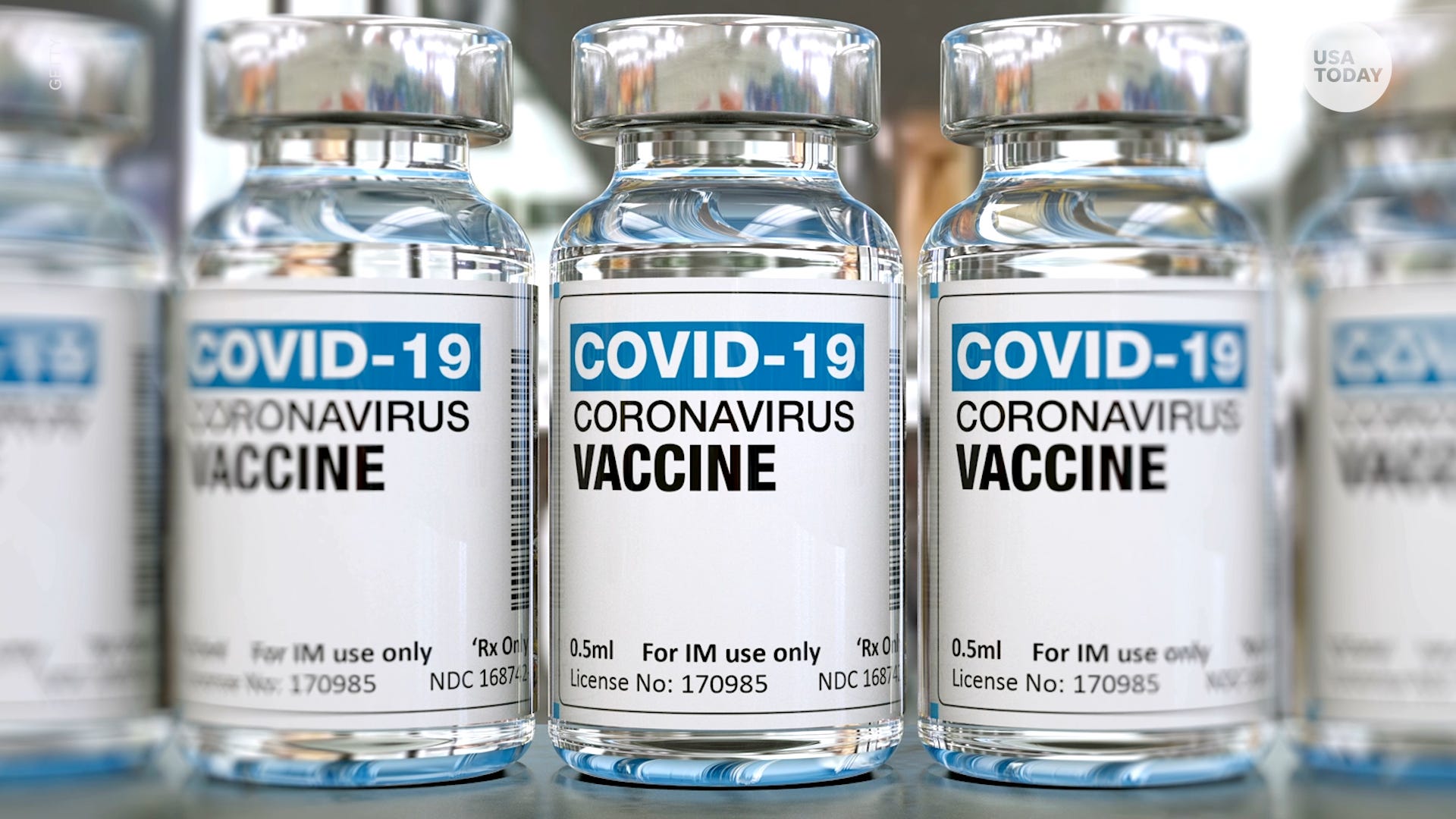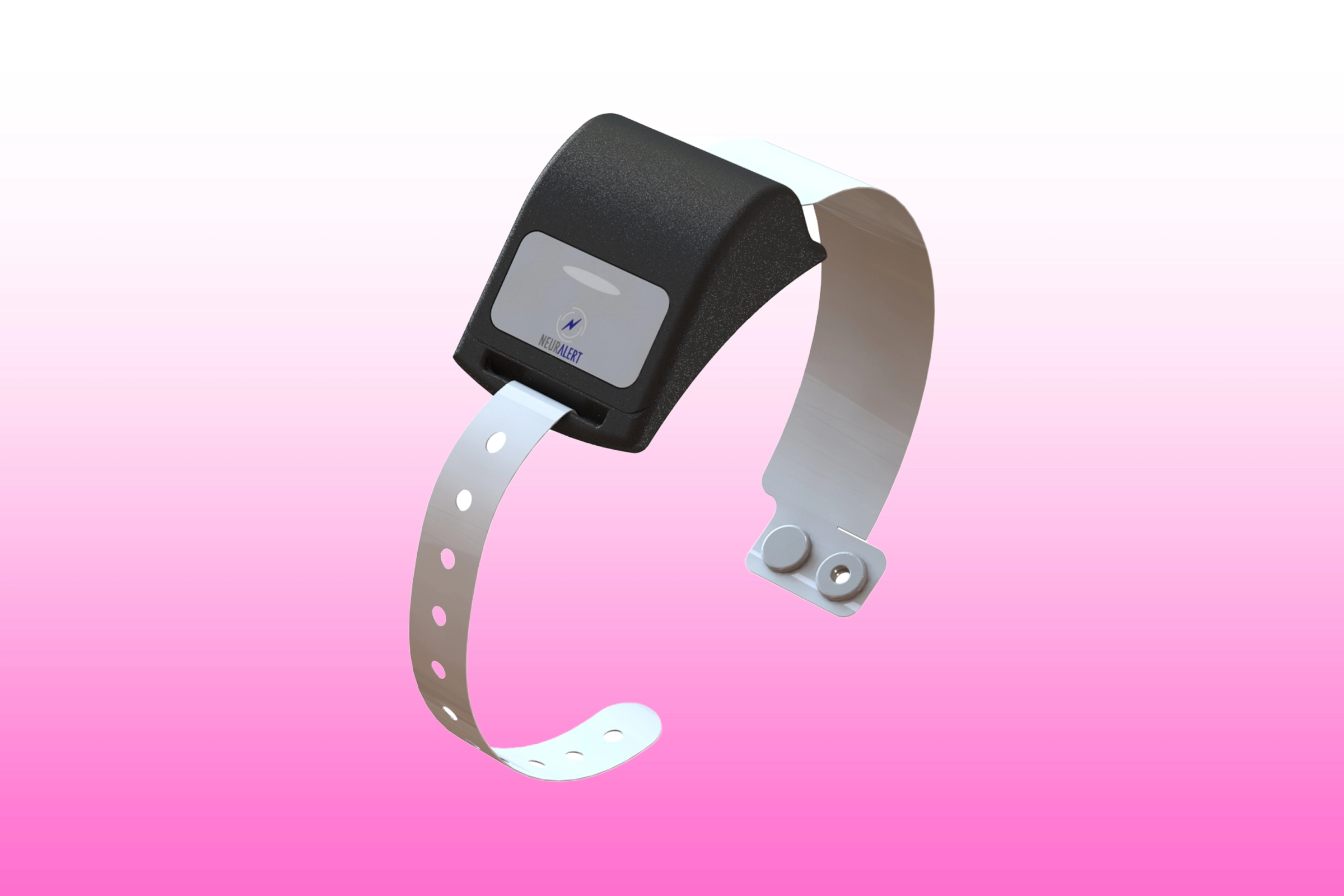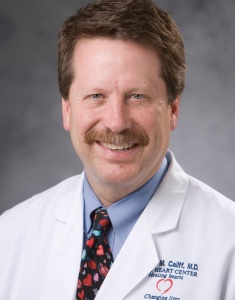One issue facing cardiologists which are treating heart disease is the fact that they often find a hard calcium packed shell covering a soft and gooey plaque in blood vessel walls. That makes it tough to insert a balloon to clear the artery walls. However, there is a new technique called “Intravascular lithotripsey (or IVL)” which was approved by the Food and Drug Administration, or FDA, in 2021 which uses shock waves to break up hardened deposits in the heart and even kidney stones. “Coronary artery disease patients in their Late 60’s, 70’s or 80’s and even older will generally have calcium in their blockages, so this is an important tool for treating heart disease in older persons, particularly the elderly,” cardiologist Dr. Quinn Capers told AARP Bulletin.
Eat More Fiber
Alarming Number of Heart Attacks At An Early Age
AARP Bulletin (January/February 2023 Issue, page 9) had an alarming story about the growing number of people in their 50’s who are having a major heart attack. The article profiled Lori Kubitz who, at the age of 54 did not smoke and was not overweight, woke at 4:00 a.m. as she was having a massive heart attack. “We’re looking at a crisis in terms of lowering life expectancy for the first time in decades,” Dr. Sadiya Khan, a cardiologist, told AARP Bulletin. A 2022 report from the Centers for Disease Control and Prevention lists heart disease, along with the opiod crisis and COVID, as key drivers for a higher death rate. Death rates for those being middle-aged from 45 to 64 from heart disease have risen by 8.5% between 2010 to 2020, according to Kaiser Permanente.
New Cholesterol Treatments Hit The Market
Roughly 30% of people who have been prescribed traditional statins to reduce blood pressure in order to reduce the risk of heart attacks and strokes can’t take the dosage prescribed because they can’t tolerate the muscle pain that is often a side effect. Recent research has provided new evidence that non-statin treatments can reduce the risk of cardiovascular disease by taking two daily cholesterol-lowering pills along with an anti-inflammatory pill. Physicians have embraced the new treatment strategy. “We need to do whatever we can to lower LDL cholesterol,” Dr. Eugene Yan, a cardiologist at the University of Washington, told the Wall Street Journal. Unfortunately, the new treatment options are more costly than statins, so we will have to see how Medicare and private insurance companies weigh in on this.
COVID Going On Three Years Now, We Still Need Our Booster Shots
Unless you are just getting over COVID-19 (in which case you can wait three months from the onset of symptoms, according to the CDC), make sure you get your booster shots on schedule. Other than getting all of your vaccinations, there are a few lifestyle changes which can boost your immune system. Not smoking, not drinking excessively, exercising regularly and following a healthy diet,” according to infections disease expert Dr. Lawrence Liverornese, chairman of the department of medicine at Main Line Health System, can boost your immune system, he told AARP Bulletin. COVID-19 can also cause other problems—older adults are six times more likely to suffer a heart attack within a week of catching the flu. Also, make sure to get your flu shot, although do know that this is not 100% protection (there are more than 200 viruses out there, and vaccinations can’t cover every one of them).
New 3G Device Coming To Market Which Can Detect Strokes
I read a story saying that every 40 seconds, someone in the U.S. has a stroke, a shocking statistic. Some are massive and easy to recognize. Others are small and can be undetectable. A recent study of in-hospital strokes found that most go undetected for more than four hours, which can be very dangerous. Thankfully, there is a new product coming to market in 2023 called Neuralert, which the FDA designated a breakthrough device last year. The pair of smart wristbands use a proprietary algorithm to track arm asymmetry or weakness, common symptoms of a stroke. Neuralert can detect symptoms in as little as 15 minutes, and automatically alert medical staff.
https://time.com/collection/best-inventions-2022/6228884/neuralert/
Every 40 Seconds An American Has A Stroke
I read a story saying that every 40 seconds, someone in the U.S. has a stroke, a shocking statistic. Some are massive and easy to recognize. Others are small and can be undetectable. A recent study of in-hospital strokes found that most go undetected for more than four hours, which can be very dangerous. Thankfully, there is a new product coming to market in 2023 called Neuralert, which the FDA designated a breakthrough device last year. The pair of smart wristbands use a proprietary algorithm to track arm asymmetry or weakness, common symptoms of a stroke. Neuralert can detect symptoms in as little as 15 minutes, and automatically alert medical staff.
https://time.com/collection/best-inventions-2022/6228884/neuralert/
Robots Helping Stroke Victims Regain Mobility
A fleet of robots powered by artificial intelligence or AI is helping survivors of strokes and spinal cord injuries regain control of their arm, shoulder and hand movements, according to AARP The Magazine October/November issue, page 54. The Bionik InMotion robots look just like a computer workstation but are adapted to train patients to retrain their motions used in every day activities.
Smart Stethoscope Hits The Market, Making Heart Murmur Detection Easier
AARP The Magazine had some amazing stories in its October/November 22 issue regarding innovations in health care. One new device on the market is a “smart stethoscope” which can detect even the slightest heart murmur. “Five to 10 percent of people we screen have some sort of valvular heart disease or atrial fibrillation,” Dr. Antoine Keller, a cardiothoracic surgeon and co-founder of HeartSense, told AARP The Magazine. “This stethoscope allows doctors to identify heart murmurs before they can be heard,” he said. Heart-valve disease affects 8.5% to 13.2% of adults over the age of 65 so early detection is critical.
Take Your Pills On A Set Schedule, Research Shows
The Wall Street Journal had an interesting article recently on the fact that since our physiology and biochemistry change dramatically through the course of each day, that medicines are more effective when taken on a set schedule. The term for this is chronopharmacology which states that medications and treatments should be taken on a set schedule when they are proven to be most effective. This is especially important in the case of heart attacks and strokes, two of the leading causes of death in the U.S., responsible for almost 900K deaths annually.









